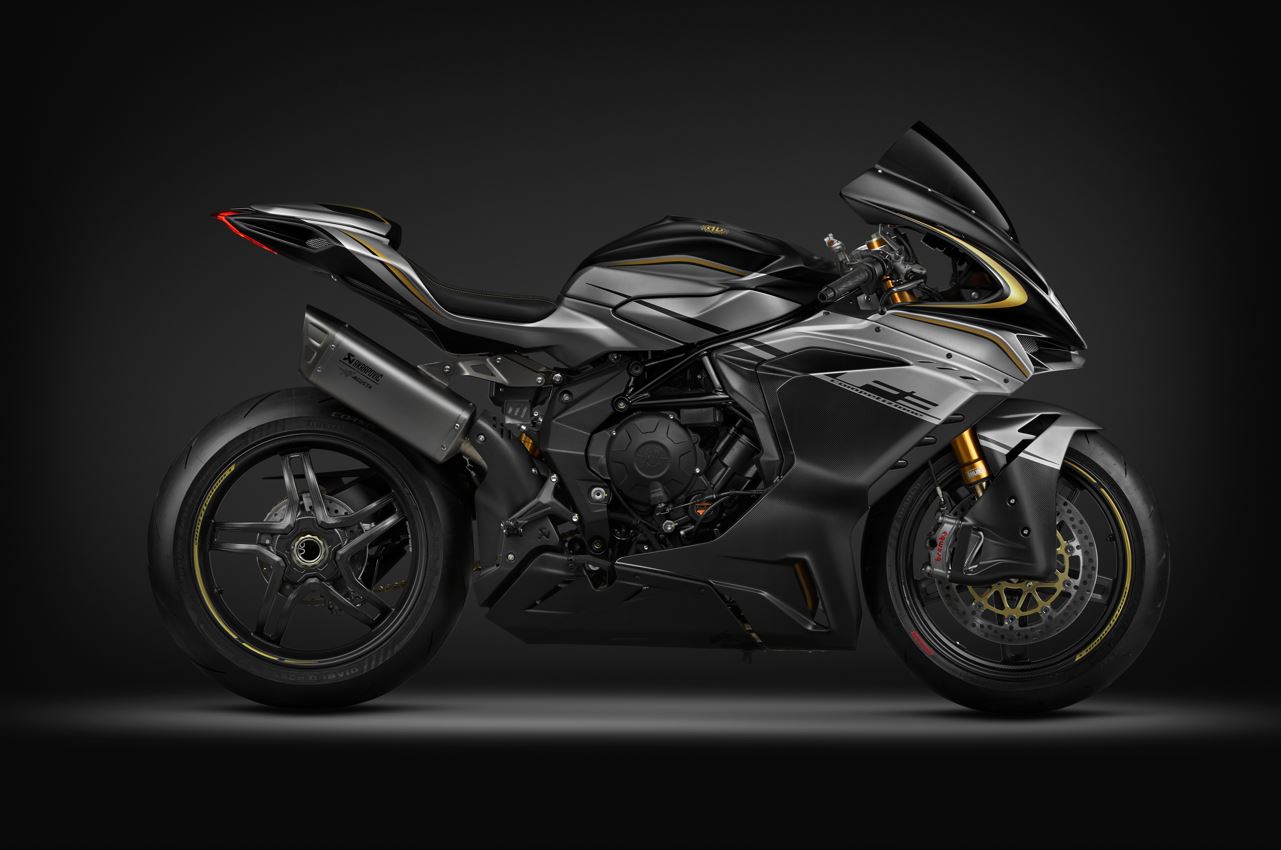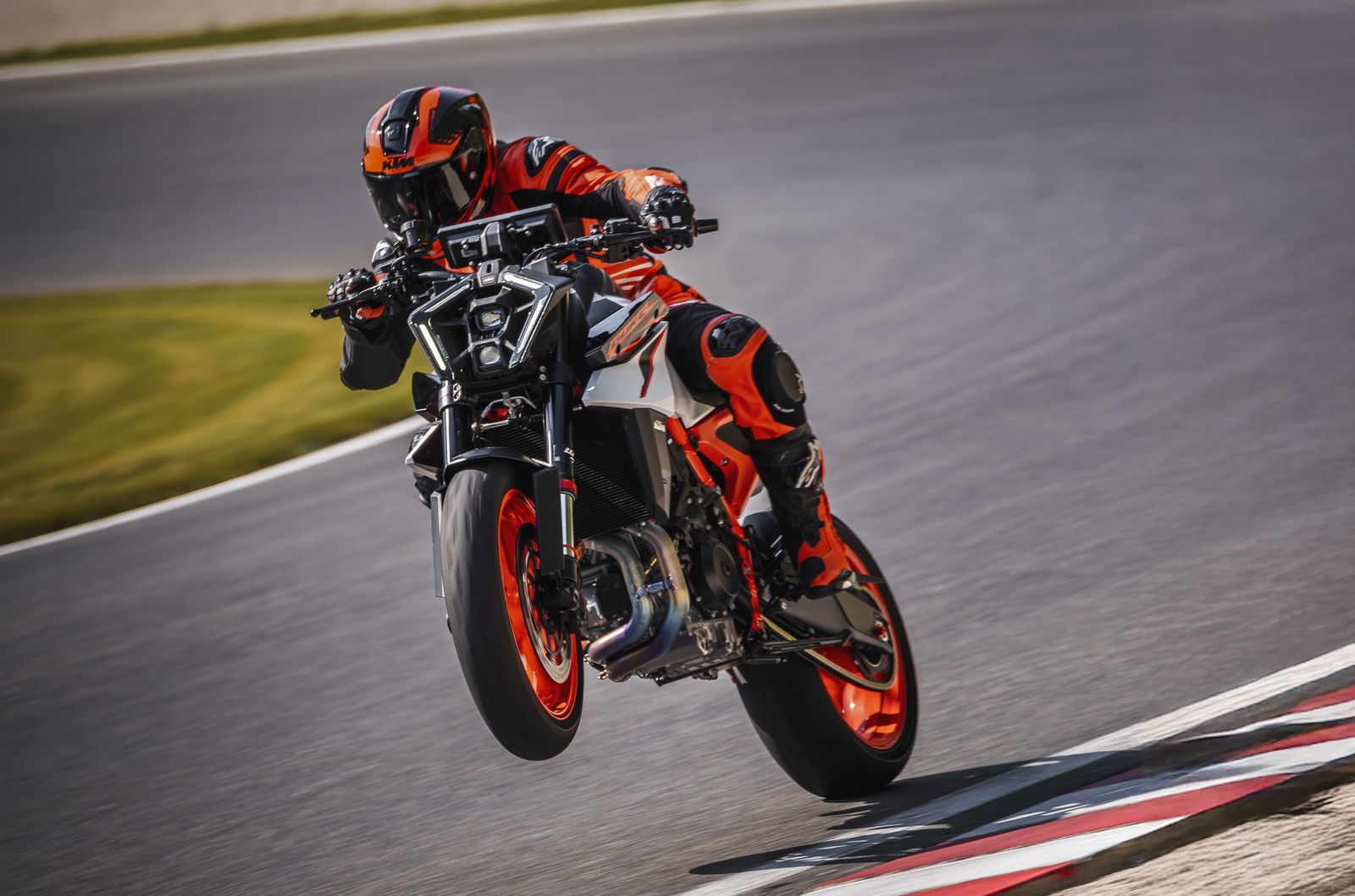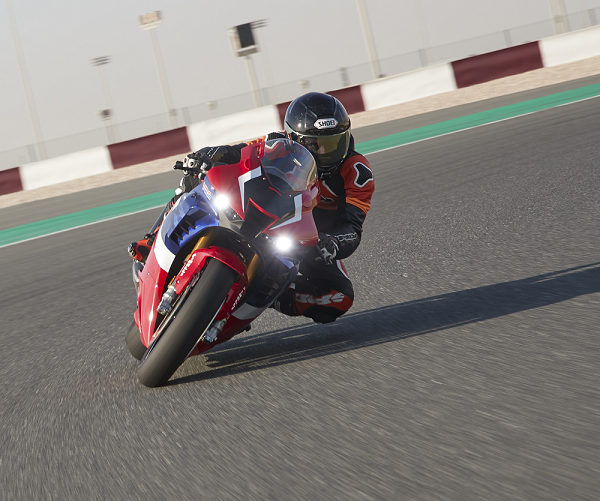Ducati Reveals Lighter and Less Extreme New V2 Engine
Following on from the news that the current 955cc Superquadro V2 engine was to finish, a new 90° V-twin has been announced

Ducati called time on its current V2 earlier this year, with the Panigale V2 Superquadro Final Edition. The bike was a fanfare to the much-loved powerplant that Ducati claimed was the ‘last of the line’.
Last of that line it may have been, but not the last new V-twin (or L-twin if you work in Ducati PR) to come from the Borgo Panigale brand. That has been confirmed today, as Ducati has just announced that a new V2 engine has been developed, and it’s a whole different beast from, the outgoing unit.
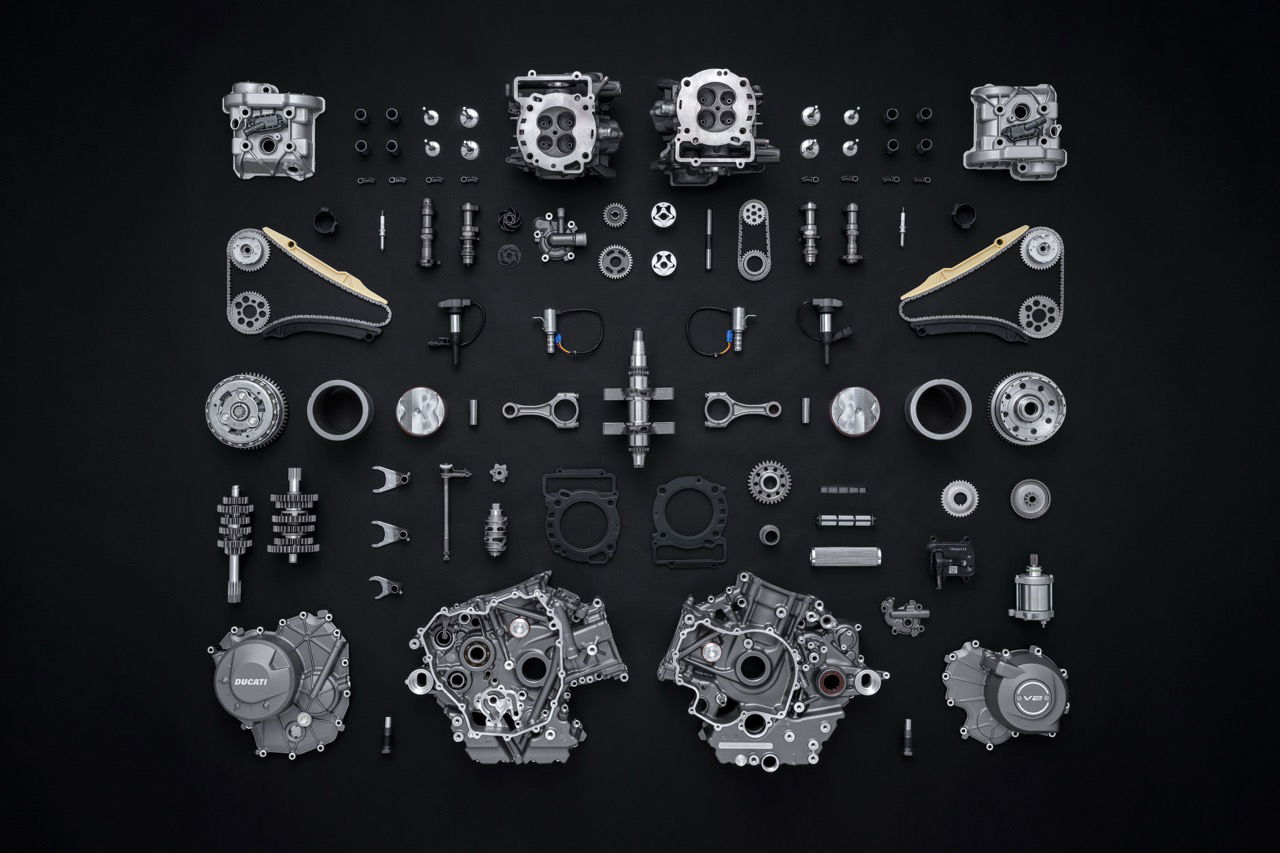
No Desmo’, less power, less weight, no longer ‘Superquadro’...
The big news with the new V2 is that it seems to be a much softer, less spicy engine than the one it follows on from. Where the outgoing V2 boasted over 150bhp in its final trim, the new engine will come in either 118 or 113bhp variants and is built around an 890cc, 96 x 61.5mm internal architecture. That is less aggressive than the 100 x 60.8mm bore and stroke of the Superquadro design, which had a bore/stroke ratio of 1.64. The new engine’s bore/stroke ratio is 1.56. Less aggressive it may be, but it should still be a free-revving engine, and Ducati states that the rev ceiling is pinned at 11,350rpm when the bike is in fifth and sixth gear, while peak power for the new engine arrives at 10,750rpm for both versions. Ducati also claims that these new internal dimensions should create an engine which is a halfway house between the Superquadro, as found in the Panigale and Streetfighter V2, and the Testastretta engine, as found in bikes like the current generation Multistrada V2.
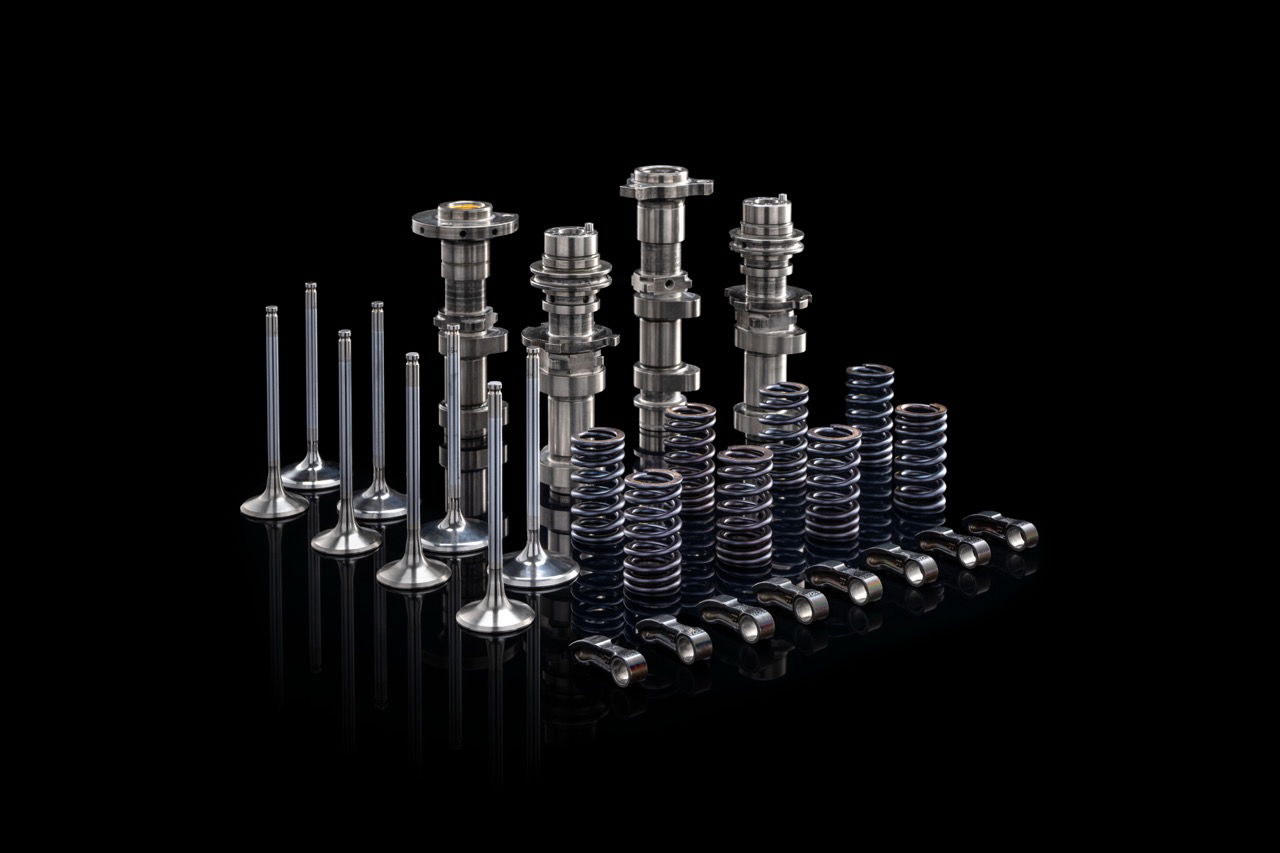
The torque produced by the new engine is either 67.9lb ft or 68.8lb ft, depending on which engine is being considered - either 113 or 118bhp. While these torque figures are down on the outgoing V2 engine, they aren’t far off, as in its Final Edition tune, the outgoing unit made 76lb ft, at a headier 9,000rpm - peak twist with the new 890 arrives at a more handy (on the road at least) 8,250rpm.
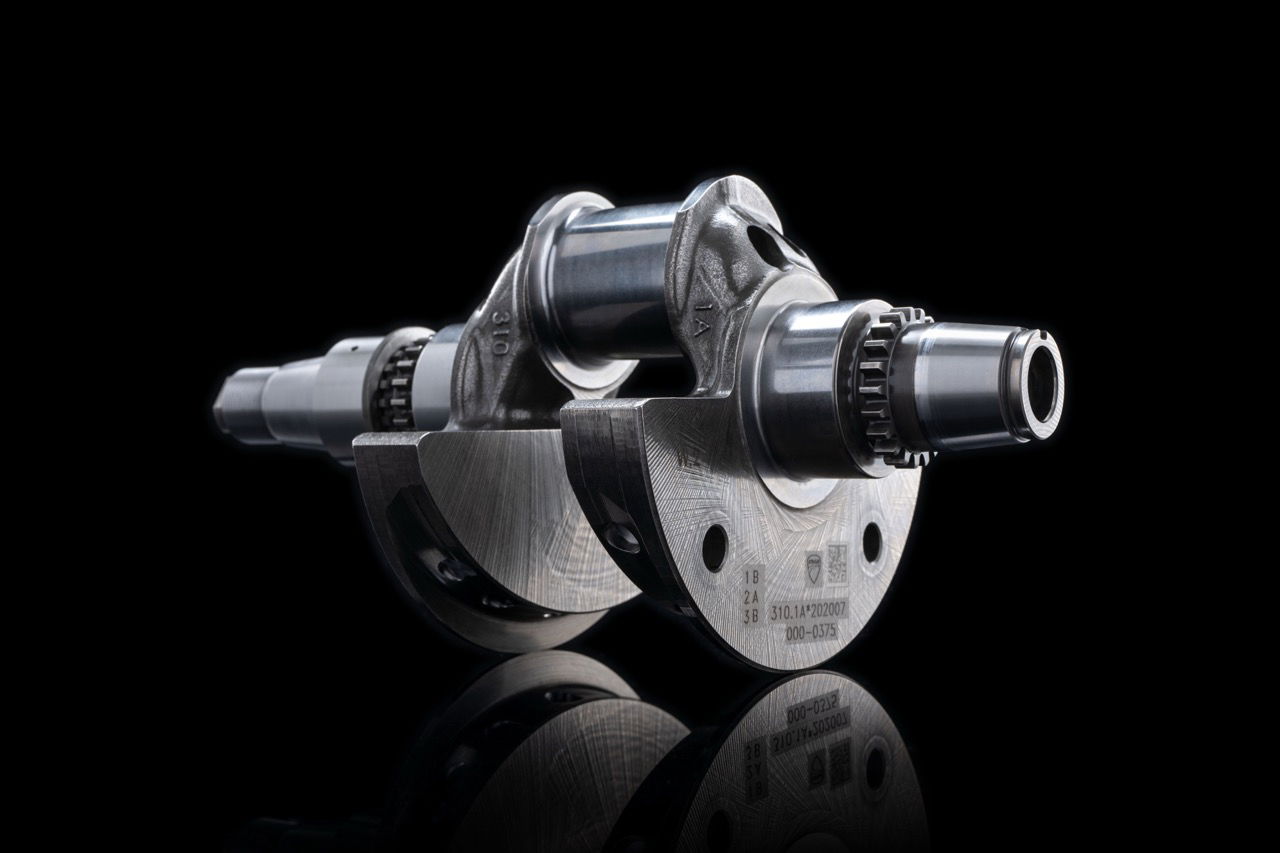
The new bike is also one of the new breed of engines that ditches the traditional Desmodromic valve timing in favour of spring-operated valves. That lines the engine up alongside the V4 Granturismo (as found in all versions of the Multistrada V4 except for the RS), which is the other bike in the current Ducati range to opt for springs over secondary mechanical rocker arms.
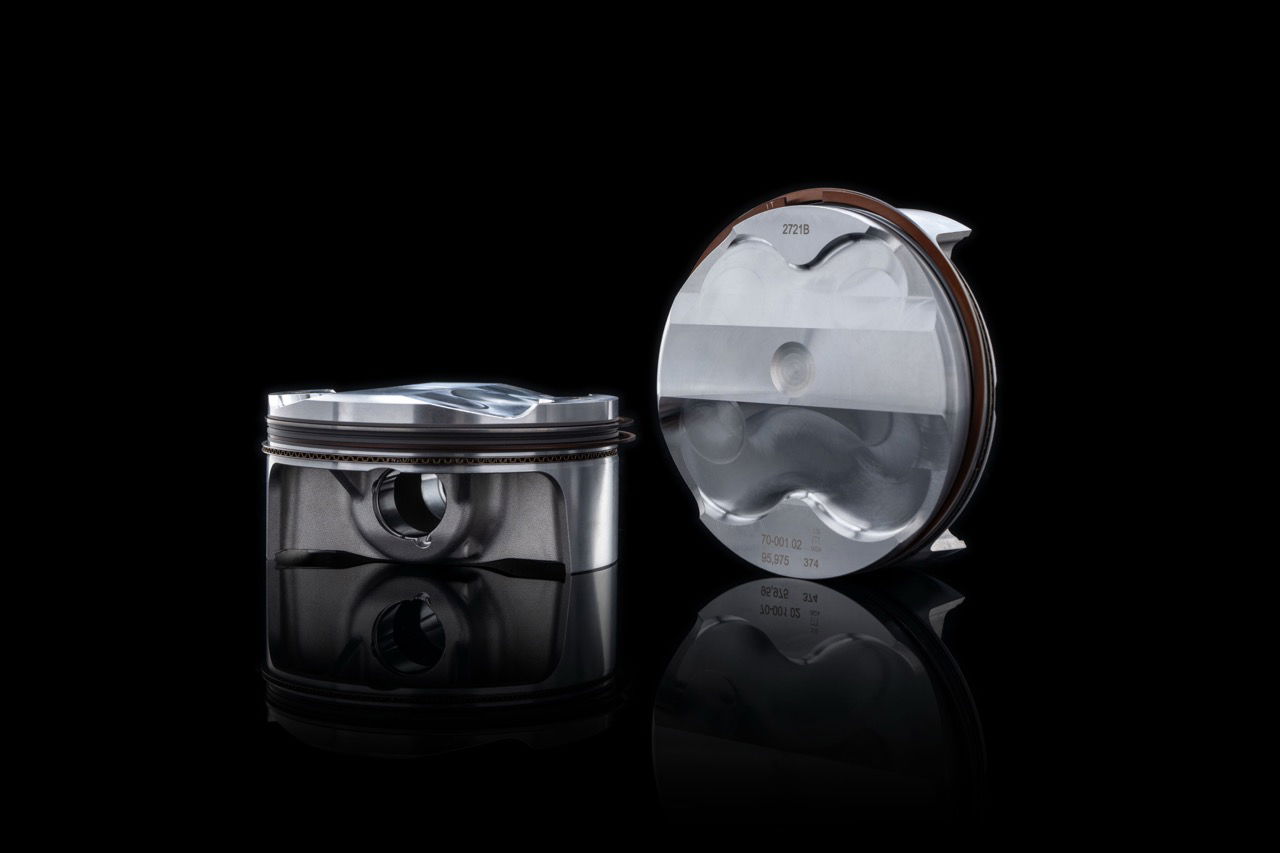
The move to spring-operated valves is another detail that points to a less potent engine than the current Superquadro V2, with valves offering more stability at low revs and better service intervals - the valve check for this engine is 30,000km or 18,600 miles.
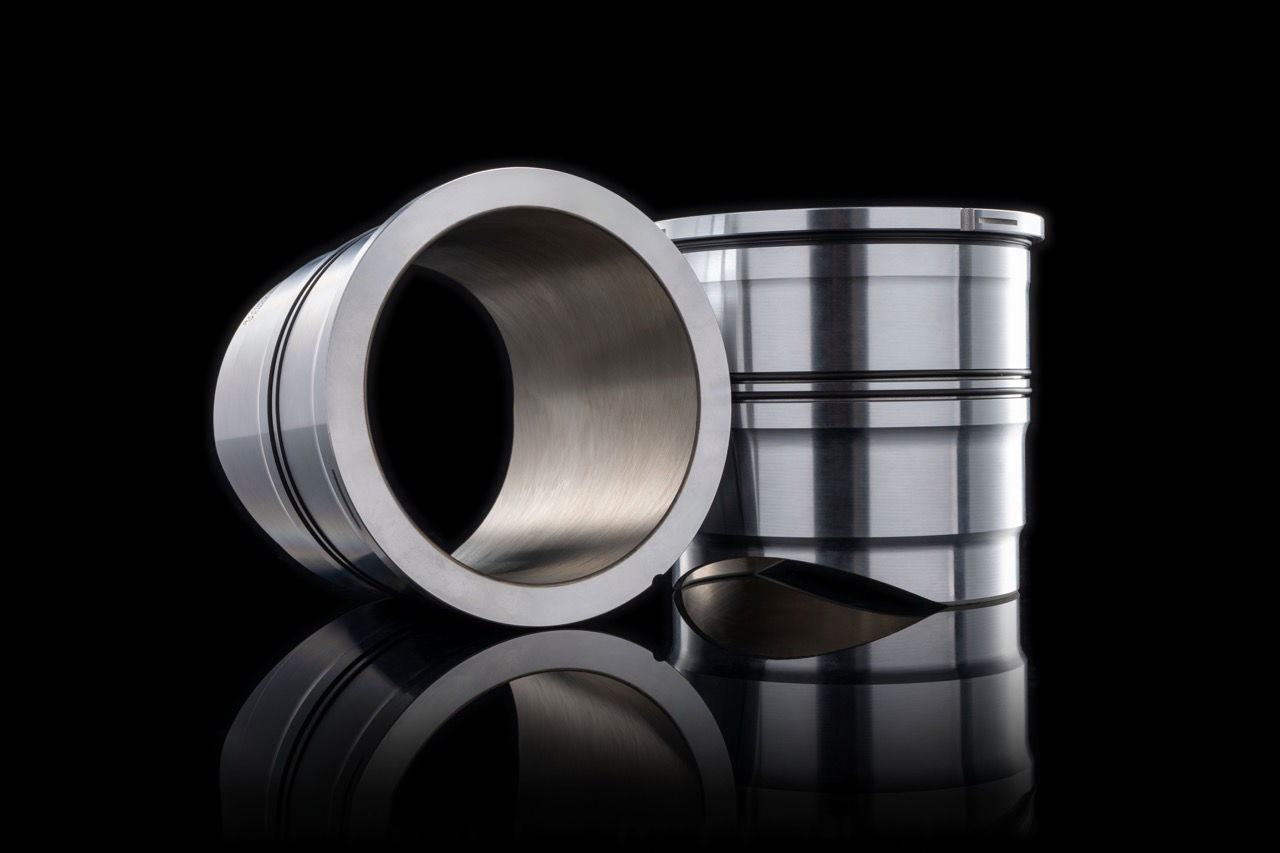
Highlighting the two engines, multiple bikes theme of the new 890 is the wording of the Ducati press release, which talks about the 113bhp engine as being better equipped to “tackle even the most challenging adventures”. Changes specific to this unit include a more heavy-duty alternator, which can carry heavier electrical loads - think heated kit, sat navs and auxiliary lighting - and a more heavily reinforced conrod and crankshaft, giving an uplift of 12 per cent to the internal mass of the engine. This should, in theory, make the engine feel more gutsy at the bottom end, giving a smoother pull of torque through the mid-range rpm and making the engine feel more at home in an adventure and/or touring bike. The gearing on the 113bhp engine also points to a life spent away from the race track, with Ducati stating its first and second gears feature shorter ratios to “improve starting on steep slopes, especially in full load conditions”.
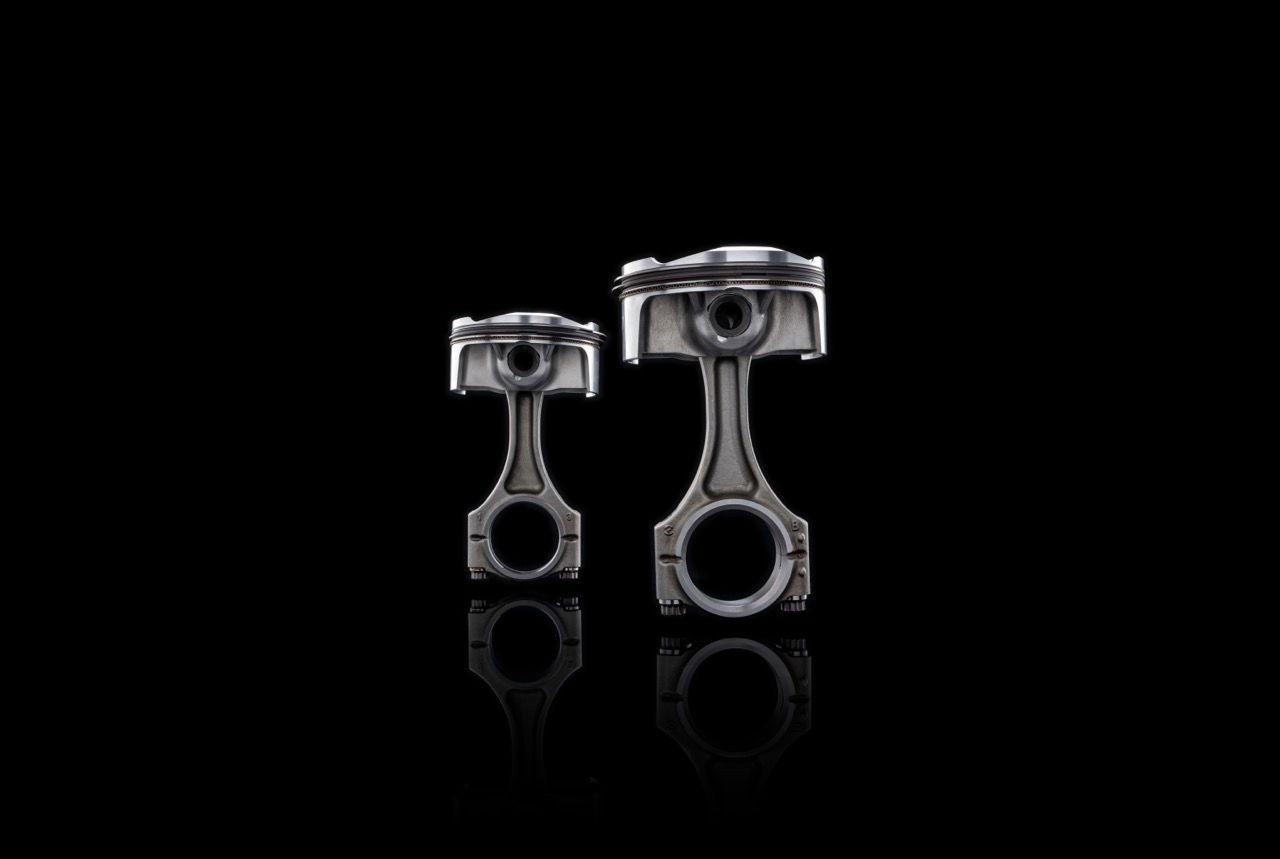
The new 890 V2 also includes Intake Variable Timing (IVT), with 52 degrees of intake valve control adjustment. A phase variator, located at the end of the crankshaft, operates the system along with the ECU which picks the optimum valve overlap for a given engine speed. The system should, according to Ducati, ensure smooth and linear torque at the bottom with a broader spread across the entire rev range.
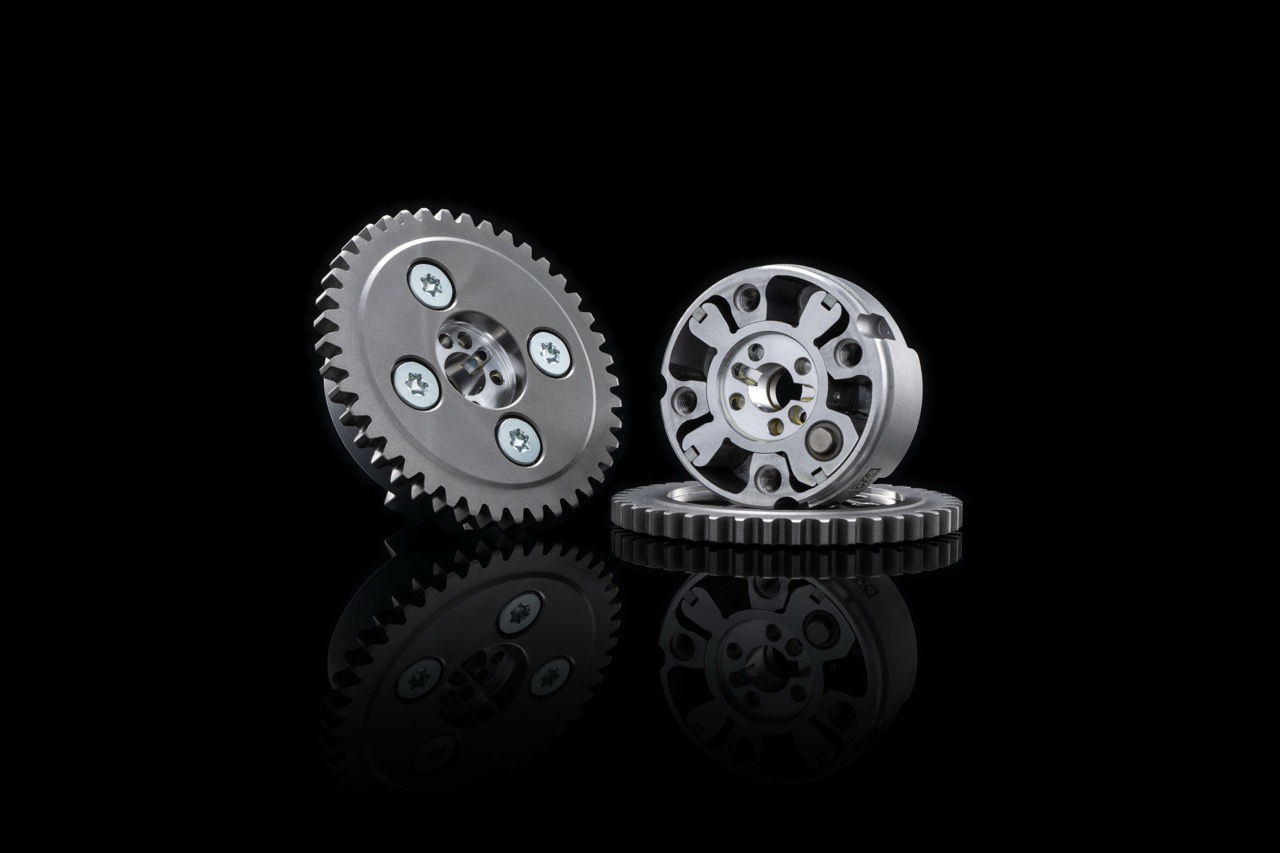
Ducati claims that 70 per cent of the maximum torque is available at just 3,000 rpm, and between 3,500 and 11,000 rpm, the torque value never drops below 80 per cent. This should, added to the other factors already mentioned, make this a more helpful engine for road riding. The previous V2 was a deliciously good motor, much better suited to road riding than the bonkers V4. But even then it felt ridiculously fast on anything but the smoothest, most flowing roads. The new motor, on the face of it anyway, seems like it might be much better suited to the kind of roads we get here in the UK and other parts of Europe.
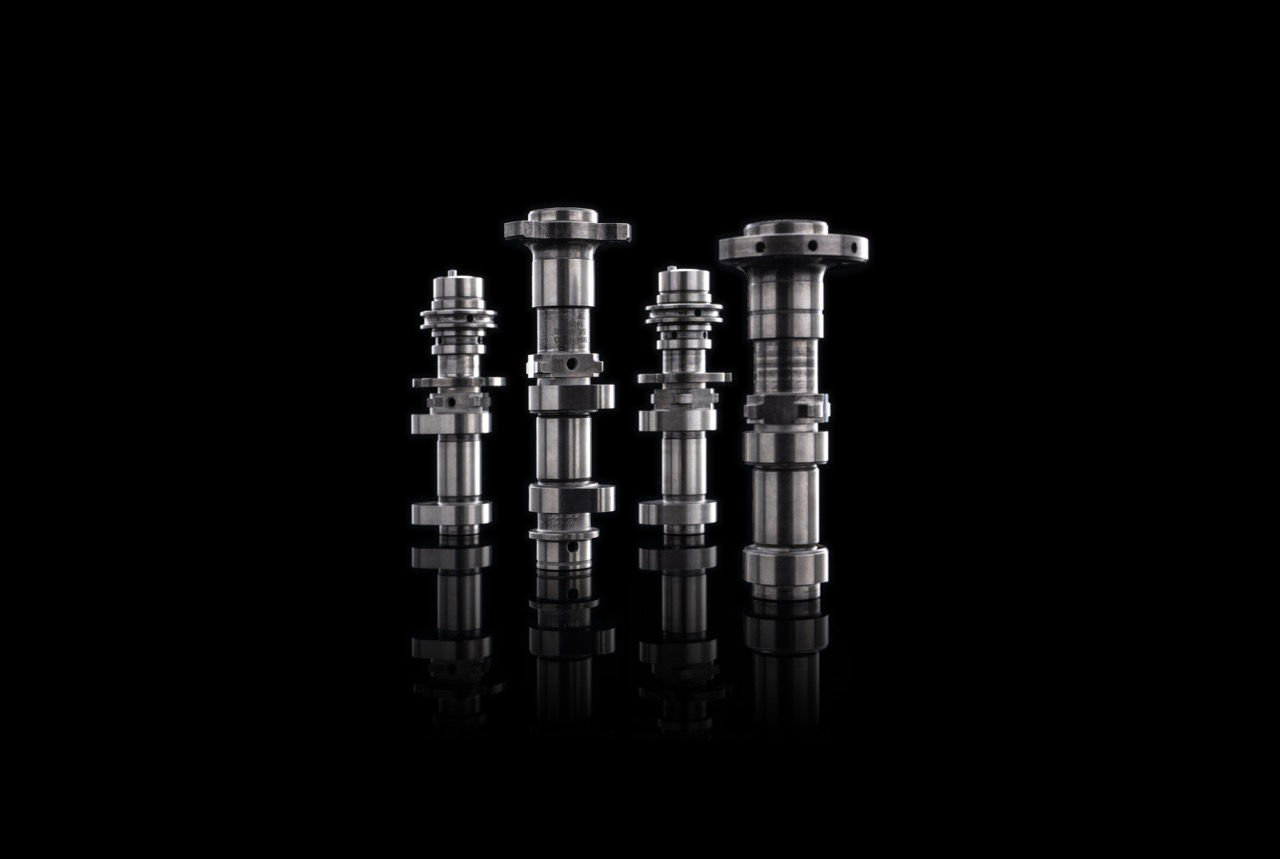
The final headlining grabbing piece of news relating to Ducati’s new V2 is that it is stated to be the lightest L-twin released by the Borgo Panigale factory, tipping the scales at just 54.5kg. That makes it 9.4kg lighter than the outgoing Superquadro 955, 5.9kg less than the Testastretta Evoluzione (1098 engine), and 5.8kg lighter than the retro (in every sense) L-twin that is found in the current generation Scrambler models.
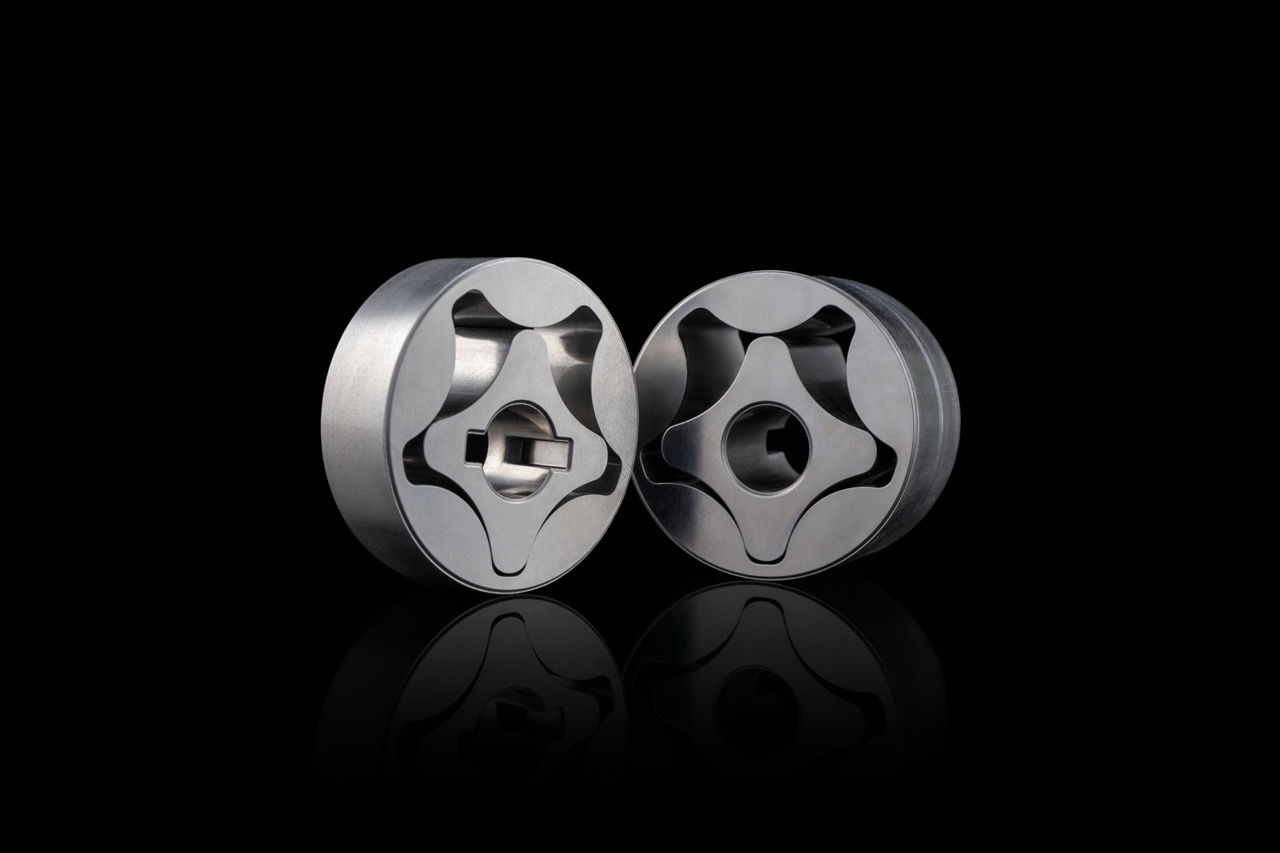
As to what bikes the new 890 will be landing in, we can't say yet, but we aren’t going to have to wait long. Ducati’s World Premiers are in full swing at the moment, and as the new bikes are revealed we’ll be bringing you all the news as we have. We’ll also be at the EICMA show in Milan to get a first look at all the new metal as it is revealed on the stand.
